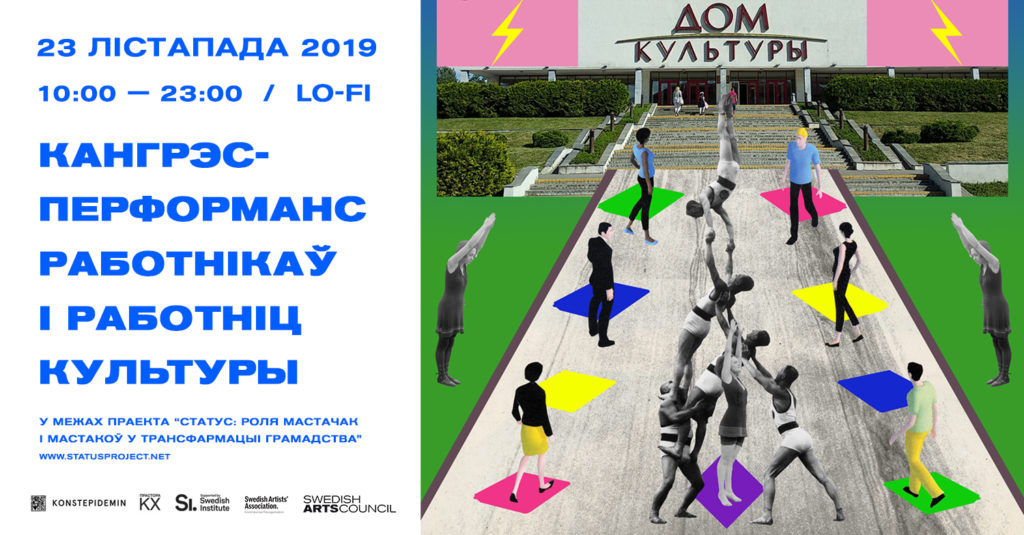Kontakt
- Konstepidemin
- Konstepidemins väg 6
- 413 14 Göteborg
- Sweden
- Hitta hit
- T: 031-82 90 90
- E: info@konstepidemin.se
A room for forgotten voices: Joanna Preizner and Aksana Haiko with Sviatlana Haidalionak
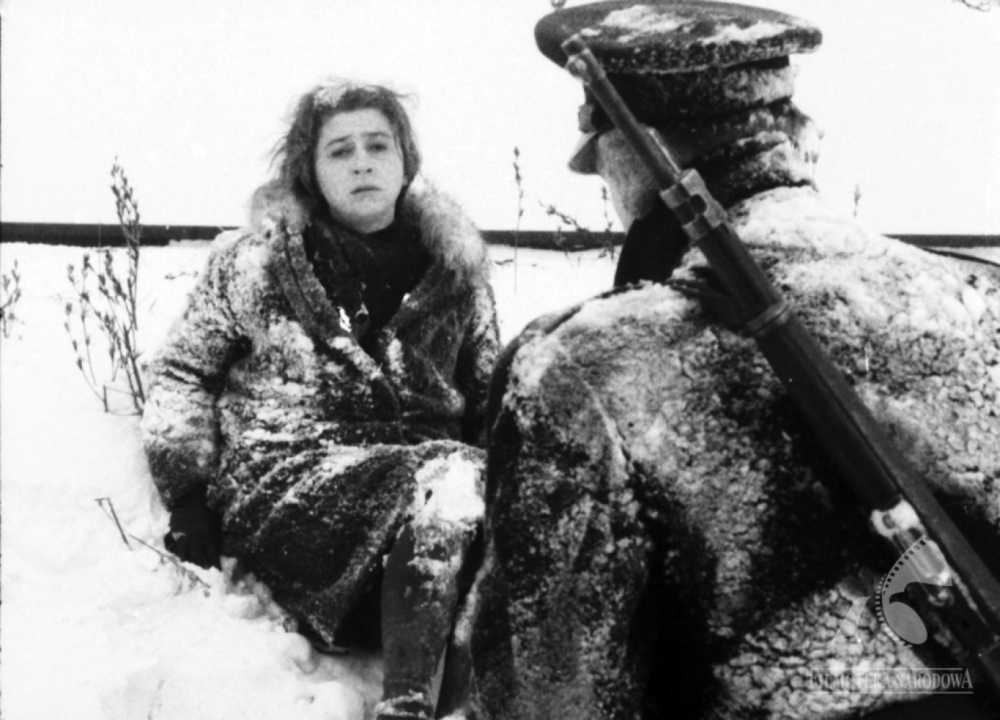
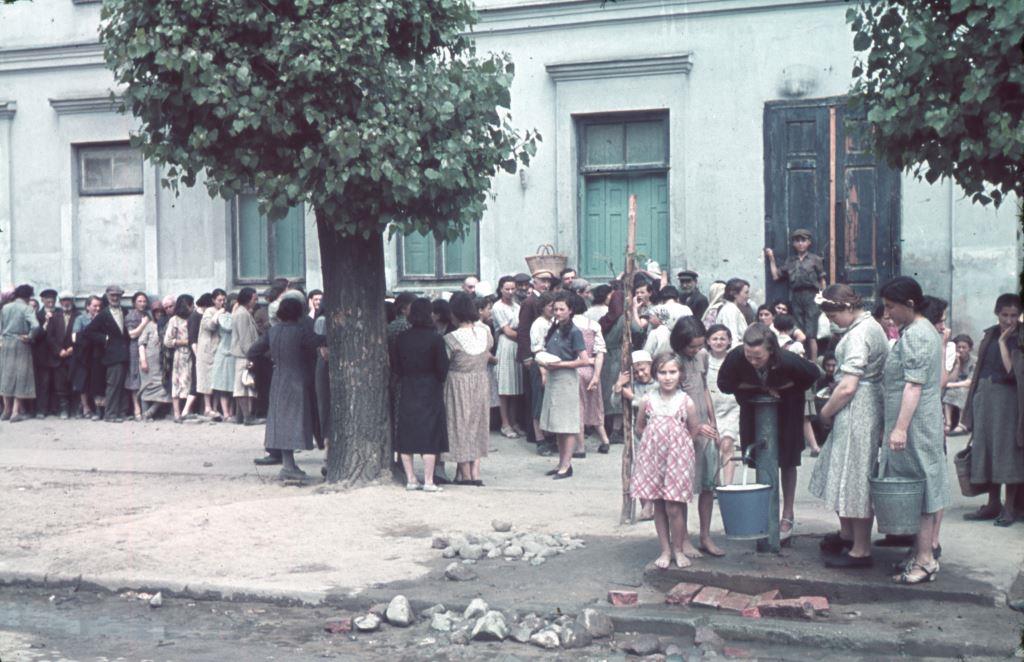
In the frame of Västra Götaland’s AIR Litteratur, Plats och Kultur, and of the project STATUS, the International Group at Konstepidemin invites you to an evening of lectures on literature, film and theatre as mnemonic and reparatory devices, with writer in residence Joanna Preizner and director in residence Aksana Haiko.
When: 24 november, kl. 17:00 – 19:30
Where: Konstepidemin, Hus 10
The event will take place in English. No pre-booking is necessary, but we still recommend care and can only welcome a number of attendees per number of seats, on a first come basis.
Lecture 1: Joanna Preizner, “By the Railway Track”
Polish writer and film professor Joanna Preizner has been looking into and working with Polish-Jewish relations and their image in Polish movies as one of the strongest and most efficient ways of transmitting the vision of history. Only a few people read historical books but millions watch movies and our historical knowledge usually comes from the cinema. The problem is that in Poland historical movies are usually made to clean Polish collective conscience, and not to tell the truth about what really happened to the Jews on Polish grounds during WWII. Nevertheless, there have been directors who have tried to include some signals of it in their films. Joanna writes and teaches about those signals, trying to untie the strings and put all the puzzle pieces together, explaining what is missing and why.
There is a short but very important film directed by Andrzej Brzozowski – ”By the Railway Track” (”Przy torze kolejowym”). It dates from 1963 and is based on a homonym short story by famous Polish writer Zofia Nałkowska. Right after the war she was a member of the Polish Commission for the Investigation of Nazi Crimes, and she wrote several stories using her experiences from that time. Her small book called ”Medallions” became a compulsory reading in Polish schools. But when Andrzej Brzozowski filmed one of the stories, his short movie was banned by the censorship and wasn’t screened for almost 30 years…
During her lecture, Joanna Preizner will show Brzozowski’s 13 minutes film (in Polish with English subtitles) and discuss why it was banned and why people in Poland still don’t want to watch these stories. At the start of the event, the lecturer will invite the audience to read the short story the film was based on. (Zofia Nałkowska, ”By the railway track”, translated from Polish to English by Diana Kuprel).
After reading the story, and after watching the film, we will talk about the differences between the movie and the story and try to find an explanation to why the story was recommended to the students while the film was banned.
About Joanna Preizner: https://konstepidemin.se/en/guestartist/joanna-preizner/
Lecture 2: Aksana Haiko, “Brest Stories Guide”
In 2016, the independent theater Kryly Khalopa in Brest, Belarus, began the project ”Brest Stories Guide” – a series of documentary audio performances in the city space.
The project, consisting of may audio stories performed by the theatre and archived online on a dedicated website, is recording anti-Semitism and the destruction of Brest Jewish community in 1941-1942. Before the outbreak of the war, there lived approximately 24 000 Jews in Brest (about 45% of the city population). Almost all these people perished. Because of the Holocaust and the city natives’ repatriation, as well as Soviet anti-Semitism, the memory of the Jewish community and its contribution to the development of Brest disappeared from the city. Today we can say that the biggest catastrophe and trauma of the city life are not present in its memory.
The audioplay – a tour around a “nonexistent” Brest – is based on materials from archives, books, photos, interviews with witnesses of the events related to the anti-Semitic manifestations since 1937, the Brest ghetto and the obliteration of the Jewish community in 1941-1942. In addition to the memories of surviving Jews and Brest citizens, there also were used the unpublished reports of German officers from the archives. The play becomes a kind of investigation with the hearing of witnesses in the case of anti-Semitism and the Holocaust in Brest in the 1930s and 1940s.
Belarusian theatre director, actor and playwright Aksana Haiko will present “Brest Stories Guide” as an essential part of Kryly Khalopa’s fundamental work with historical narratives in Belarus – and their reflections in the present. In conversation with Sviatlana Haidalionak, one of the project’s script writers, Aksana will also read excerpts of the interviews that are part of the audioplay.
About Aksana Haiko: https://konstepidemin.se/en/guestartist/aksana-haiko/
AIR Konstepidemin and this event are made possible with support from: AIR Litteratur Plats och Kultur Västra Götaland, STATUS project, Göteborgs Stad, IASPIS, and ABF
Med stöd från/I samarbete med
Relaterat innehåll
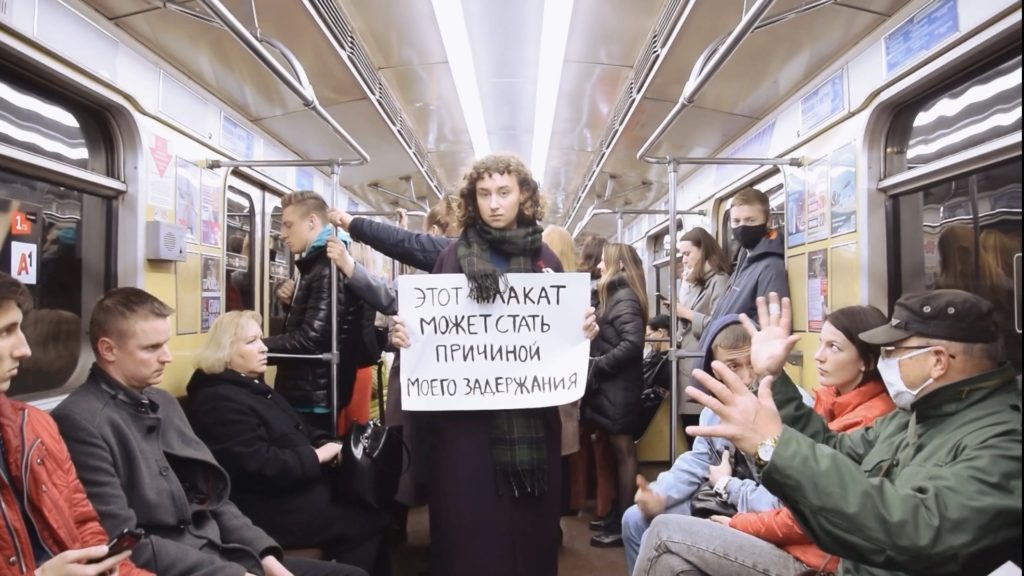
New Art Residency at Konstepidemin for cultural workers from Belarus

Yury Dzivakou och Tatsiana Dzivakova

Bazinato

Yauhen Attsetski

Ilona Dergach
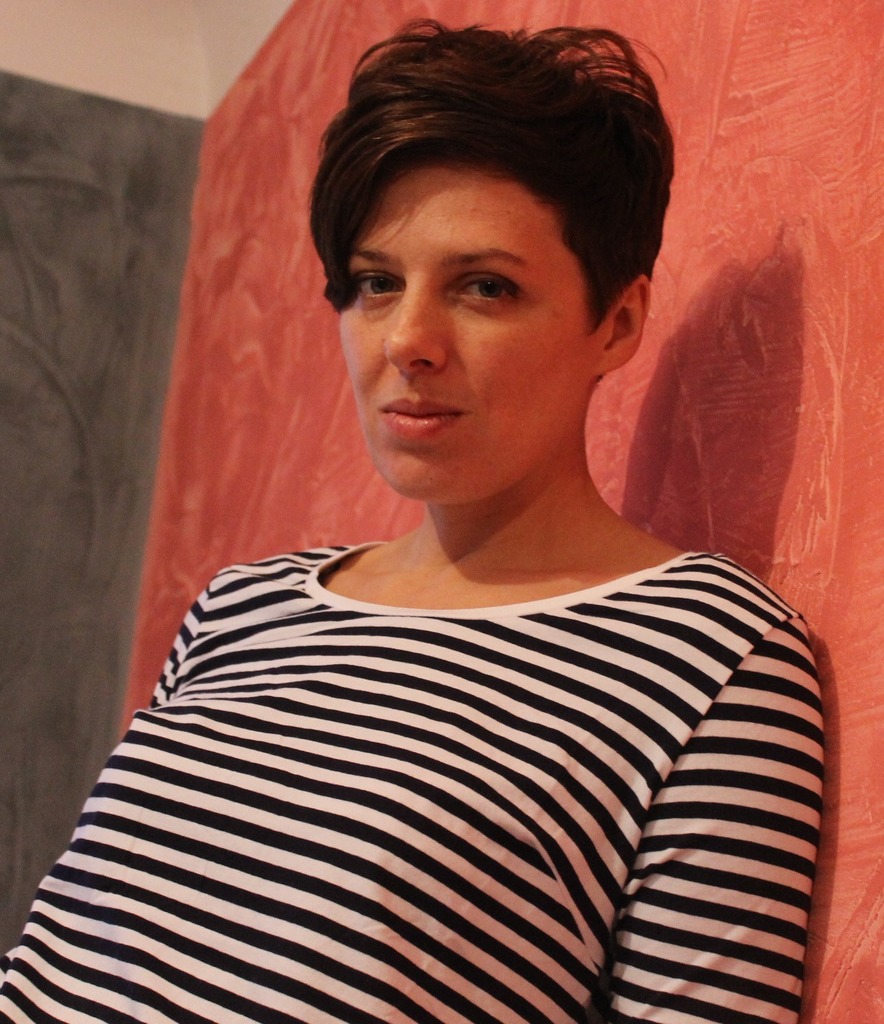
Aksana Haiko
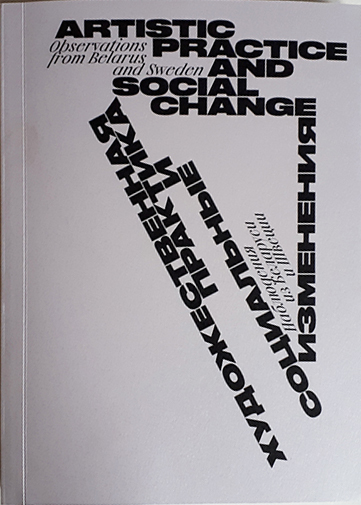
Artistic Practice and Social Change – Observations from Sweden and Belarus

New Art Residency at Konstepidemin for cultural workers from Belarus
Publicerad den 4 februari, 2021

Nytt konstnärsresidens på Konstepidemin för kulturarbetare från Belarus
Publicerad den 4 februari, 2021

Ulyana Nevzorova
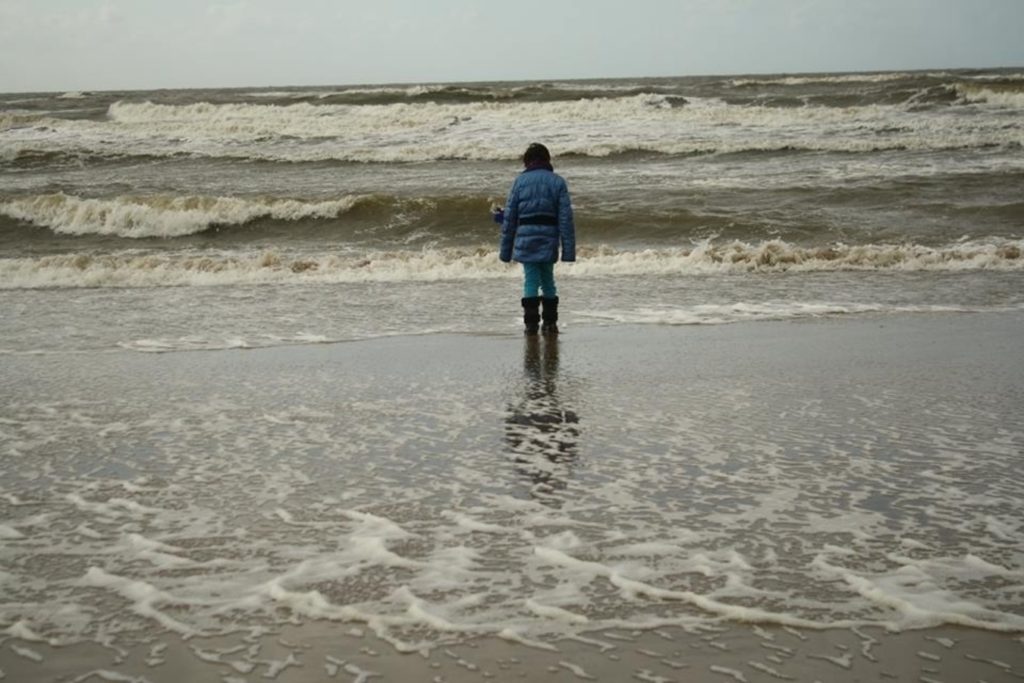
Olga Bubich

STATUS
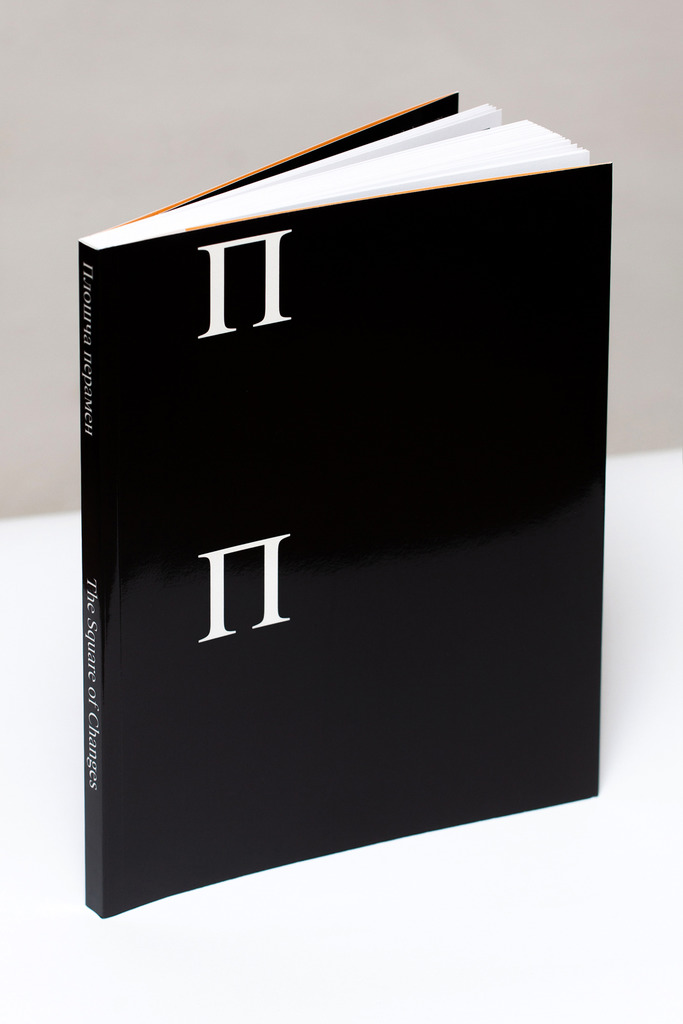
En plats mellan oss: Bokrelease, dokumentärvisning och samtal
16 oktober | 13:00 – 16:00
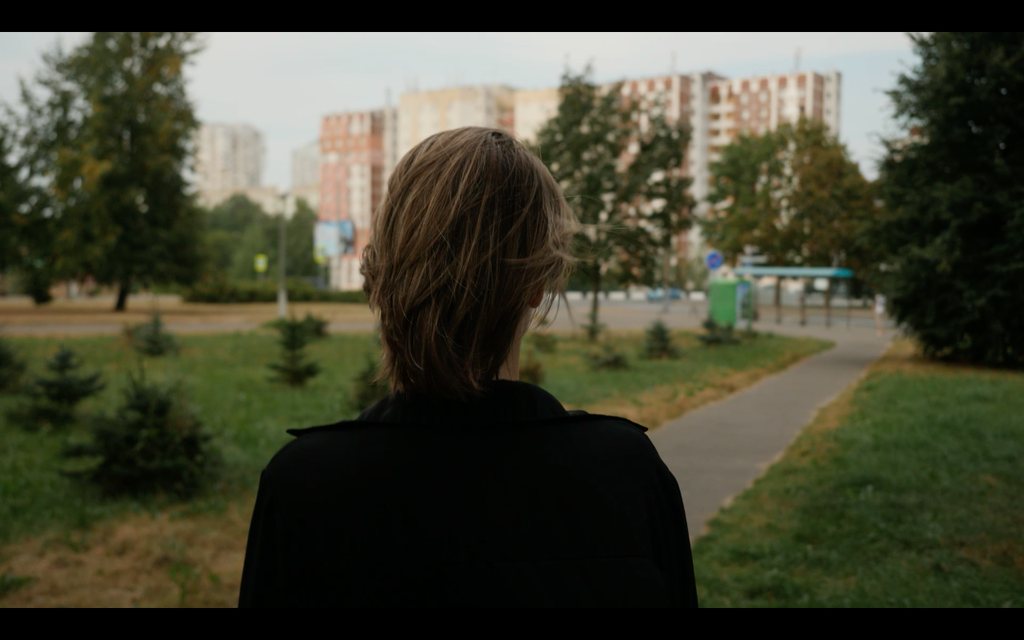
En plats mellan oss: Vernissage och samtal
6 oktober | 17:00 – 20:00
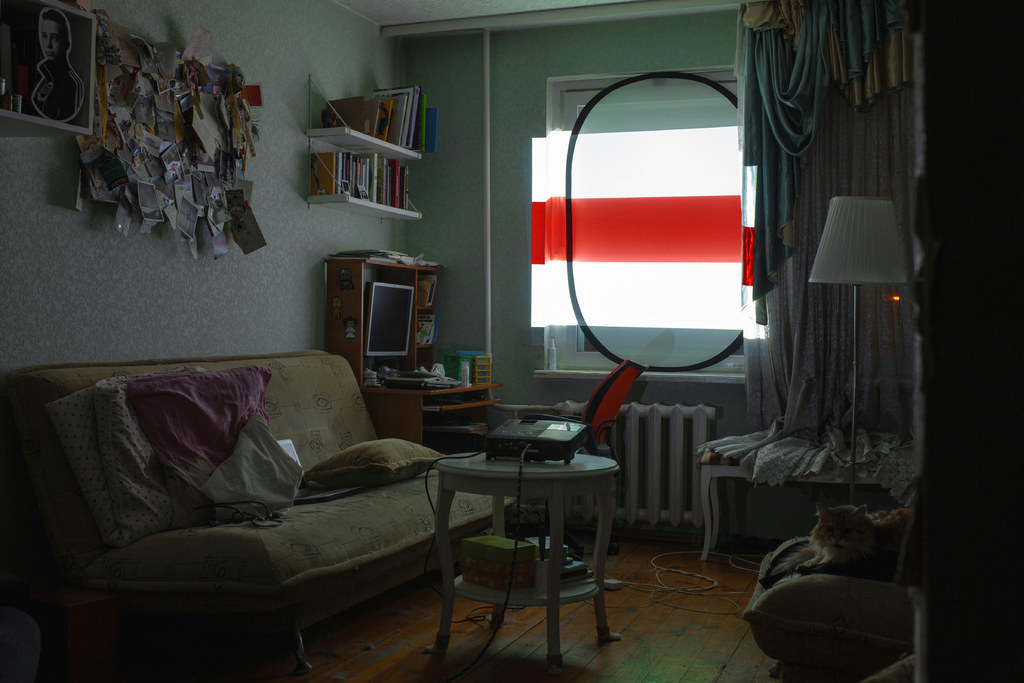
En plats mellan oss: Utställning från projektet STATUS
6 oktober – 23 oktober

Pure Art – Konstepidemins STATUS-projekt på kortfilmsfestivalen Hagabion

Open Studio: STATUS Residency Program
26 november | 18:00 – 20:00

A room for forgotten voices: Joanna Preizner and Aksana Haiko with Sviatlana Haidalionak
24 november | 17:00 – 19:30
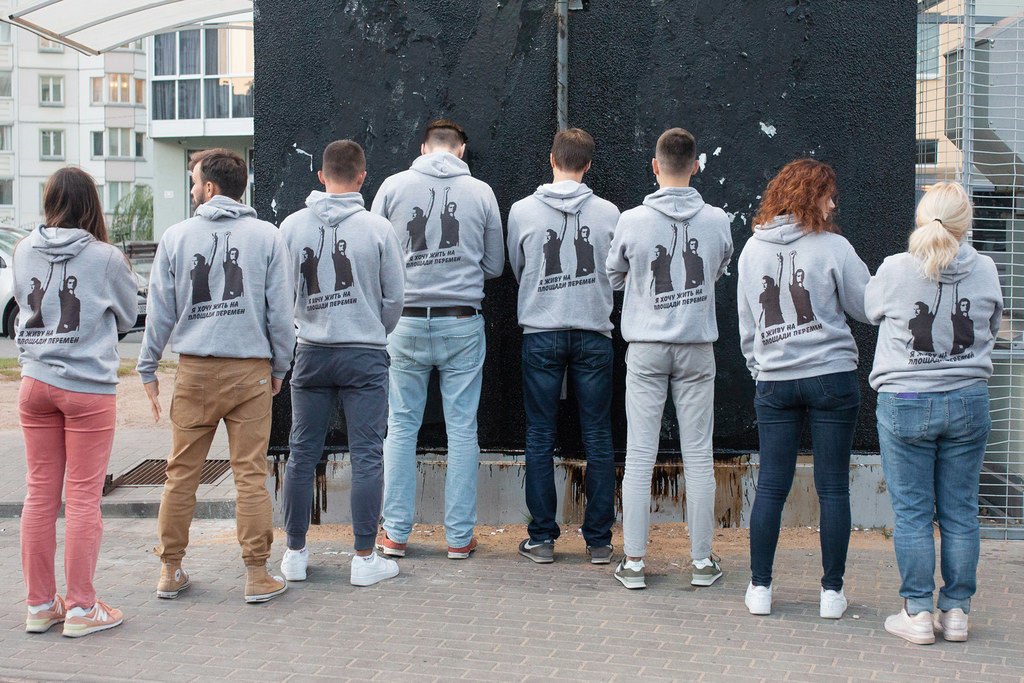
Artists' Corner: The Square of Changes
17 november – 20 november
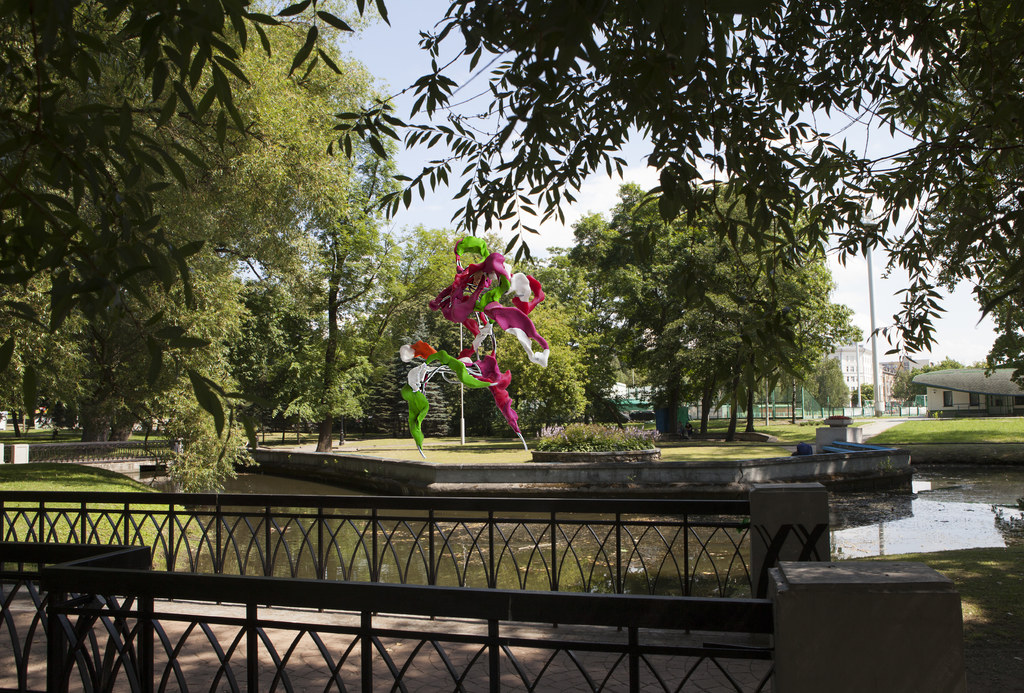
Artists' Corner: One Artist Story
10 november – 14 november
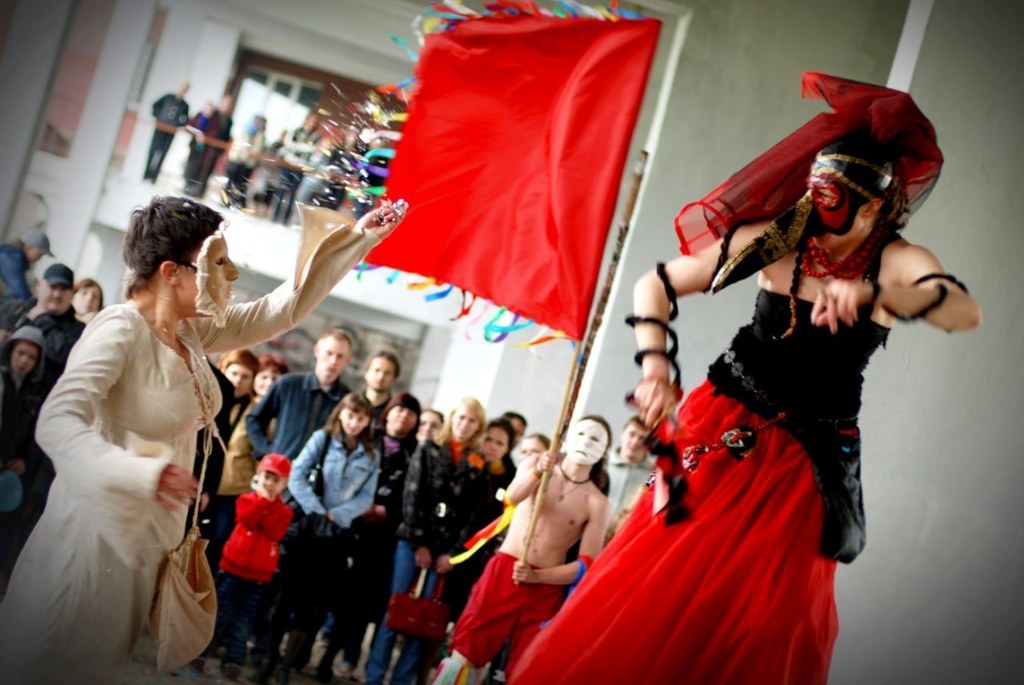
Konst som motstånd – en kväll om Belarus på Stora Teatern
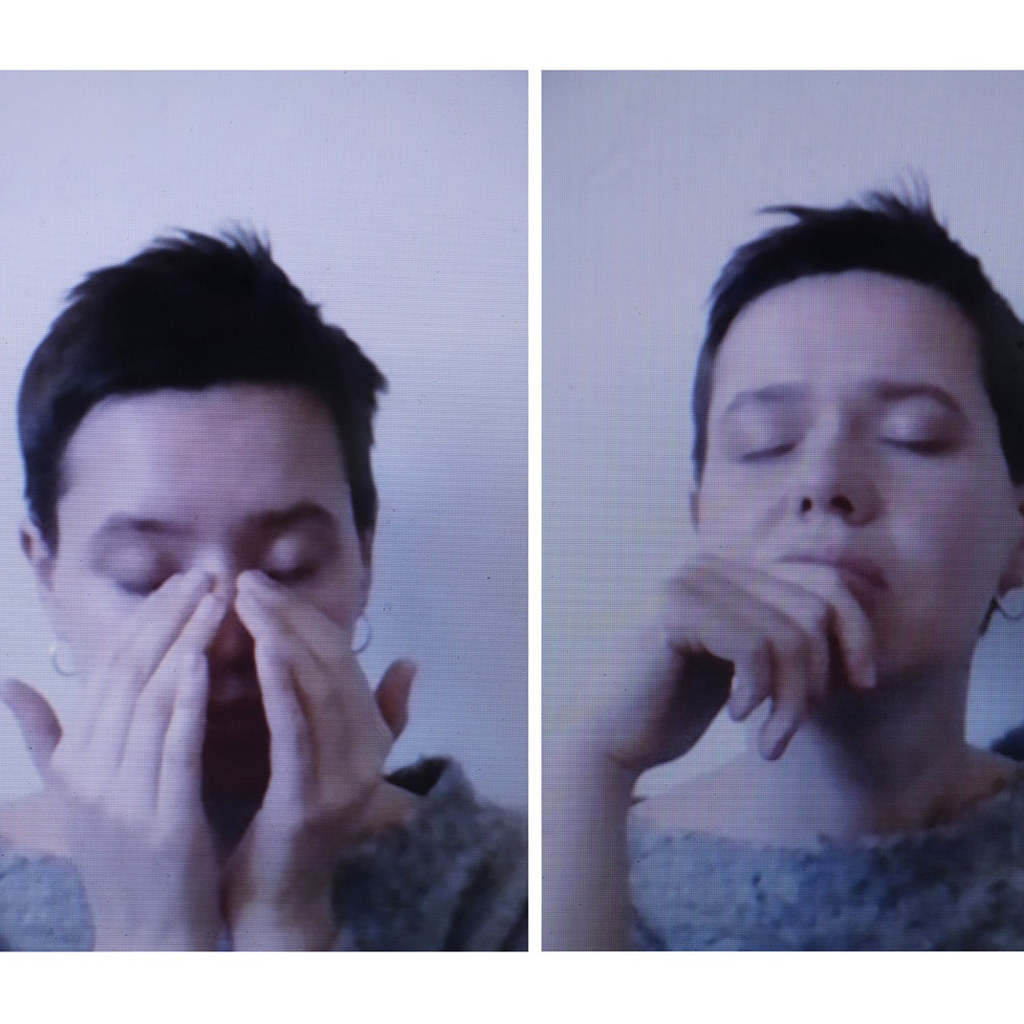
The Art of (not) Forgetting: Site-specific Installation & Artist talk
25 mars – 7 april | 07:00 – 18:00
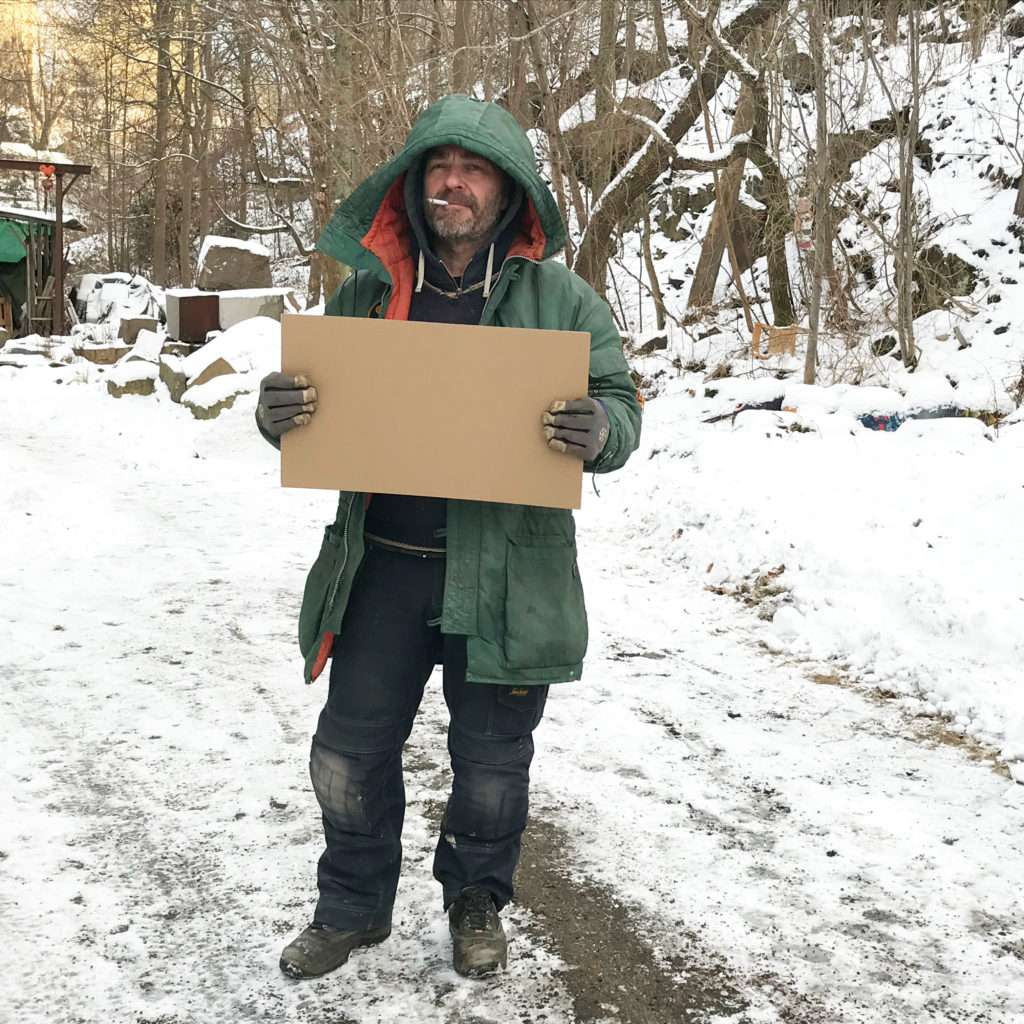
#ArtSolidarityBelarus – supporting artists in Belarus
5 februari – 28 februari
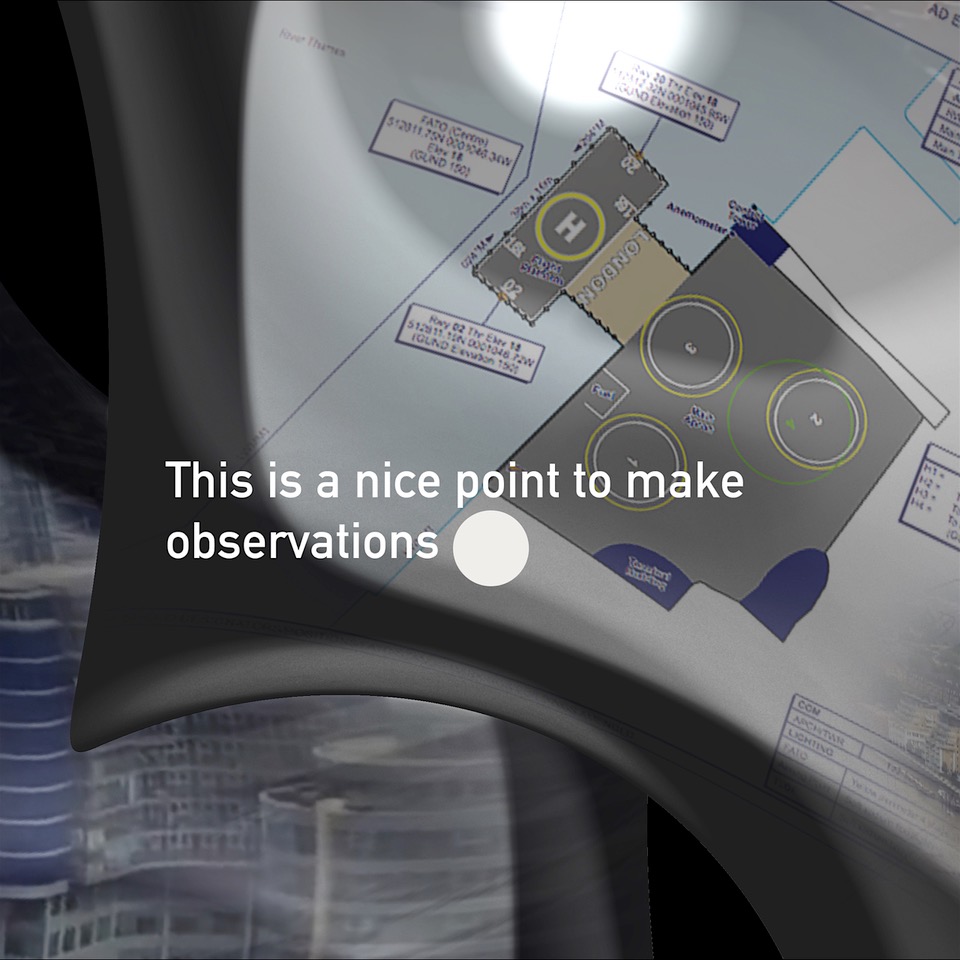
STATUS hos Ångpannegatans processer
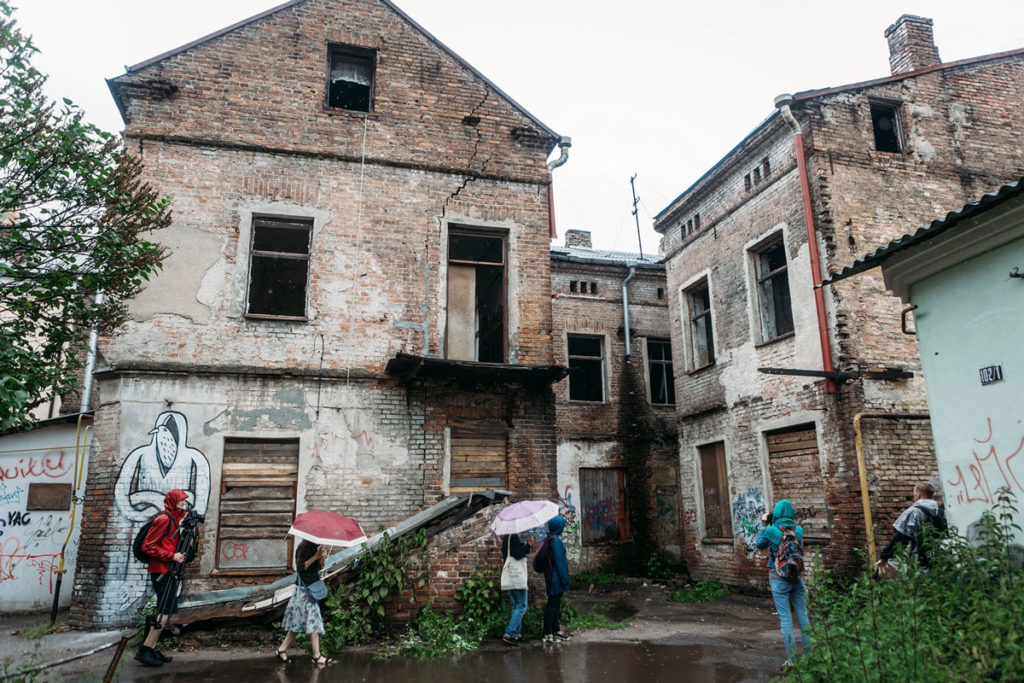
Status - Heritagization
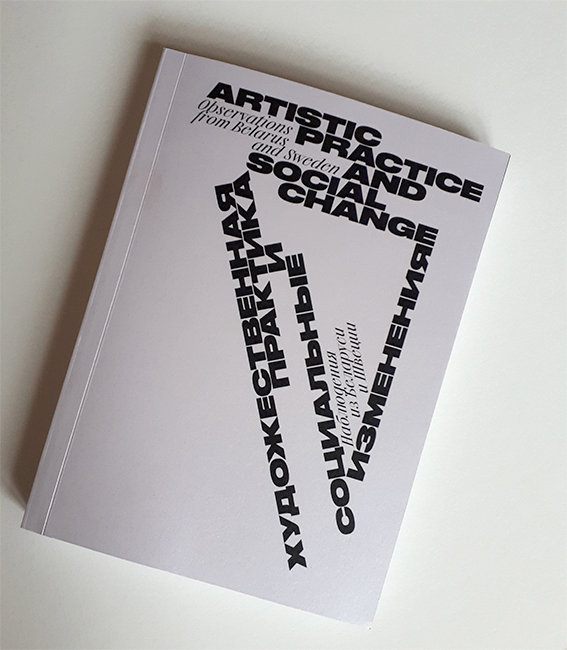
Artistic Practice and Social Change - Observations from Belarus and Sweden
9 januari | 17:00

Vernissage STATUS - Artistic Practice and Social Change
9 januari – 12 januari
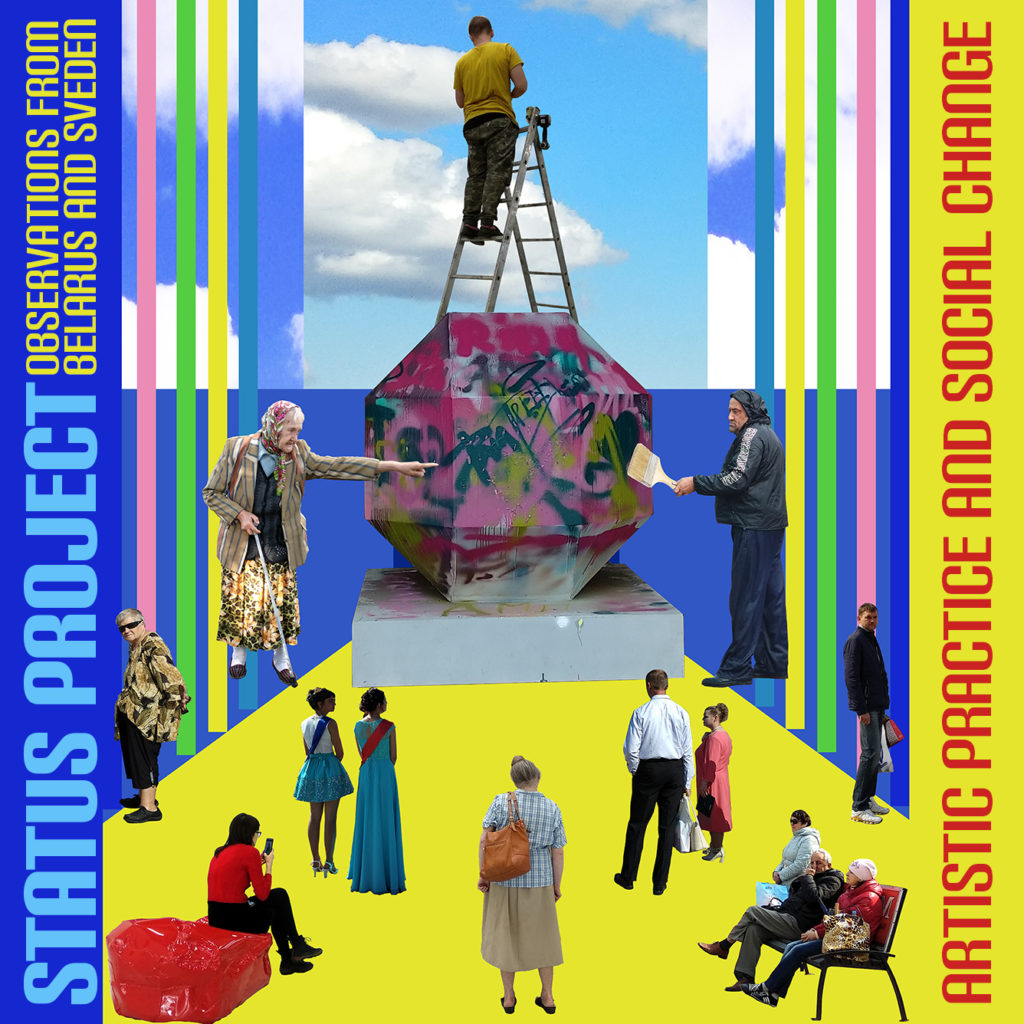
STATUS - Artistic Practice and Social Change
9 januari – 12 januari
